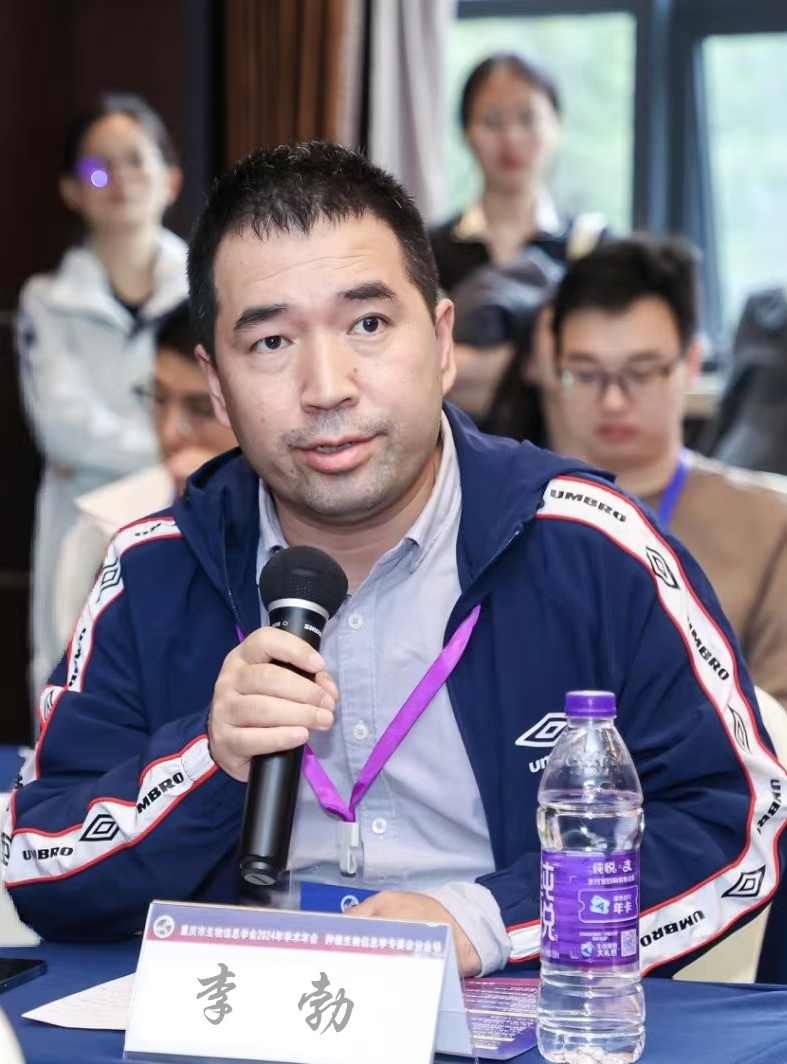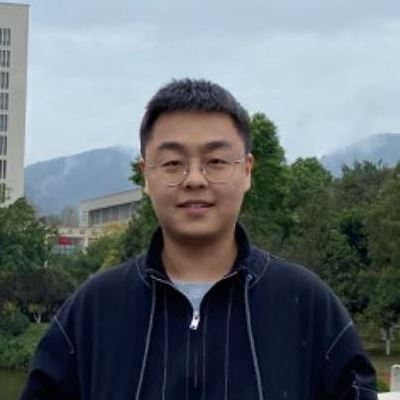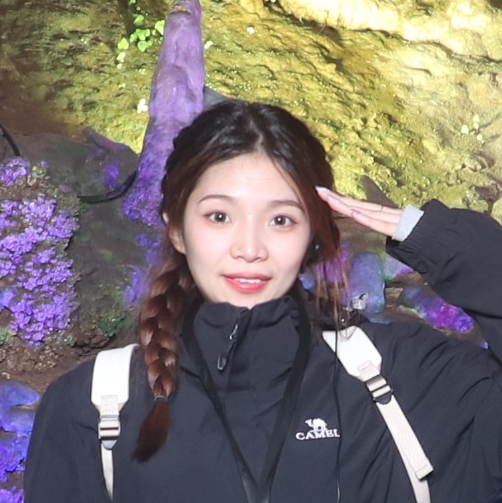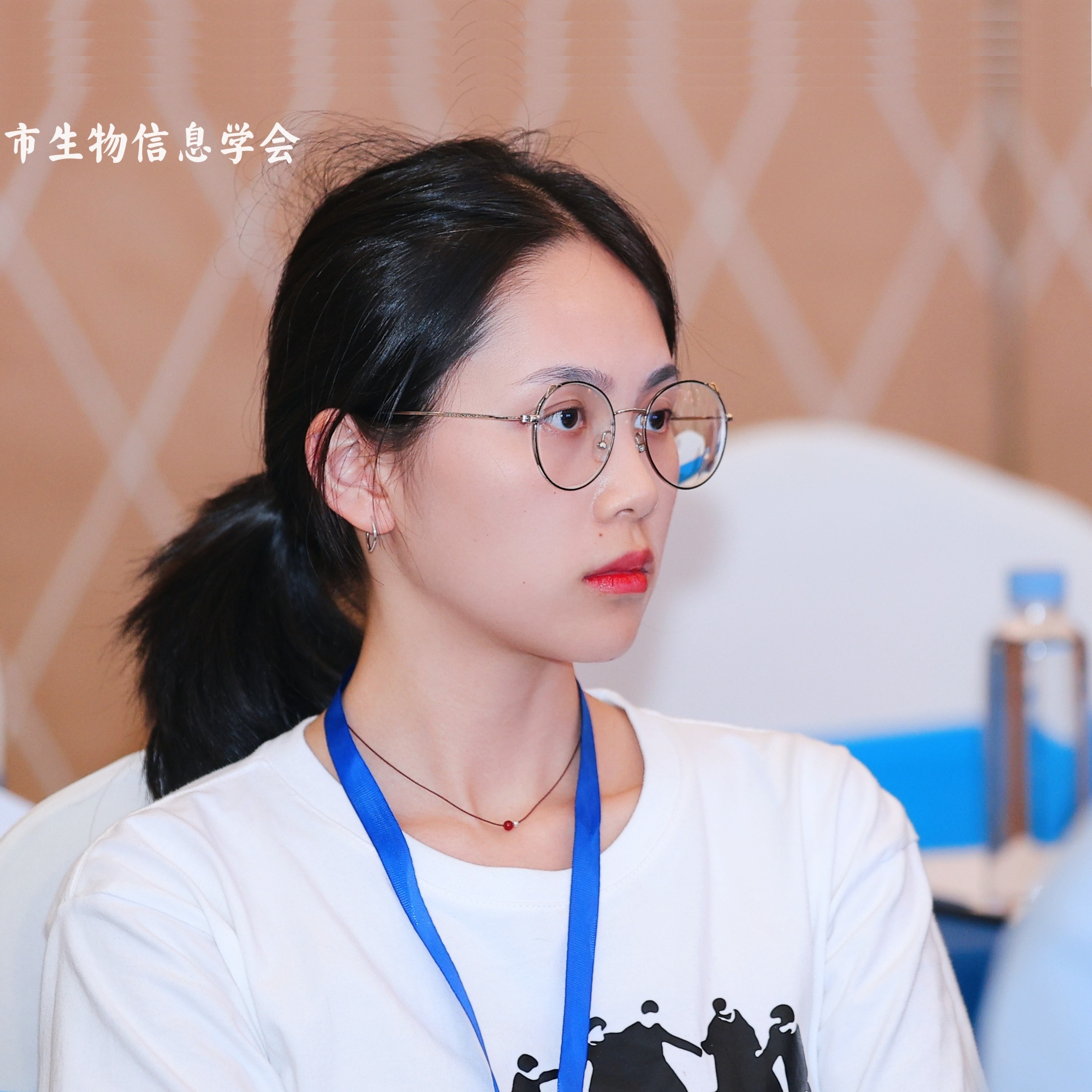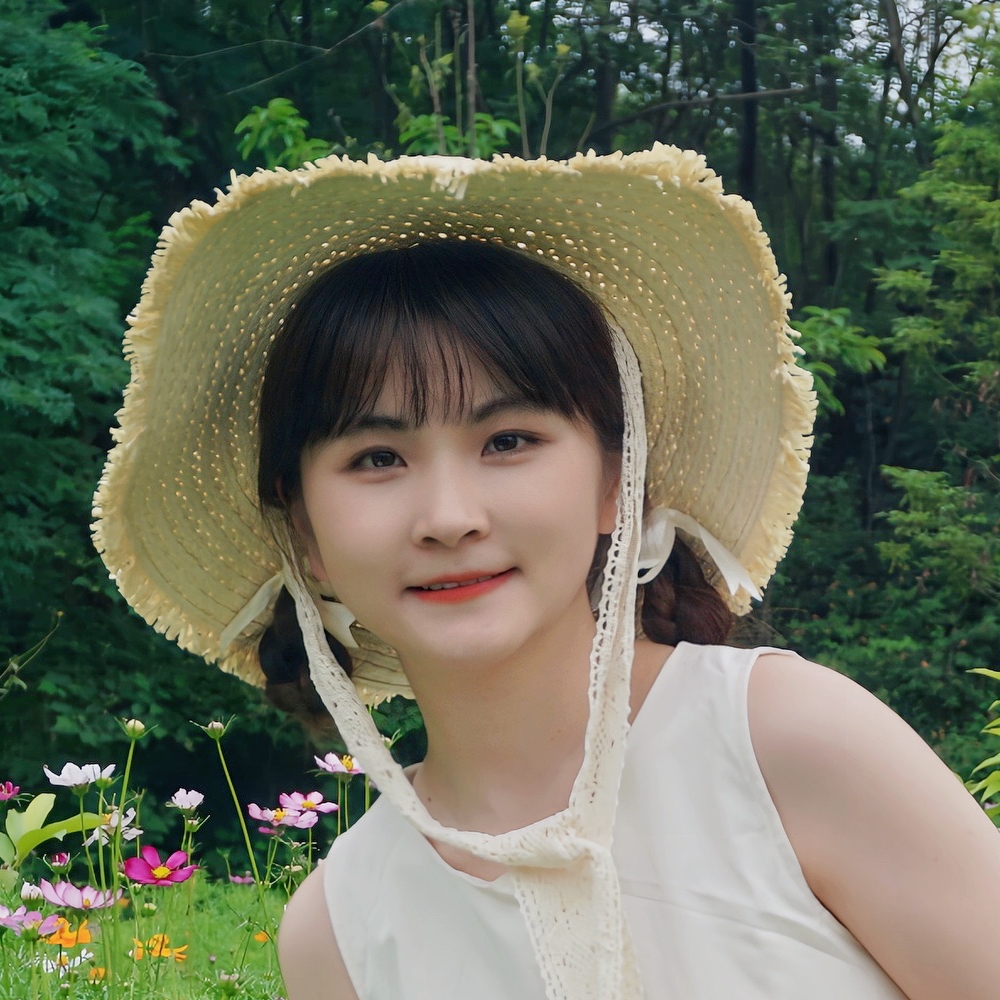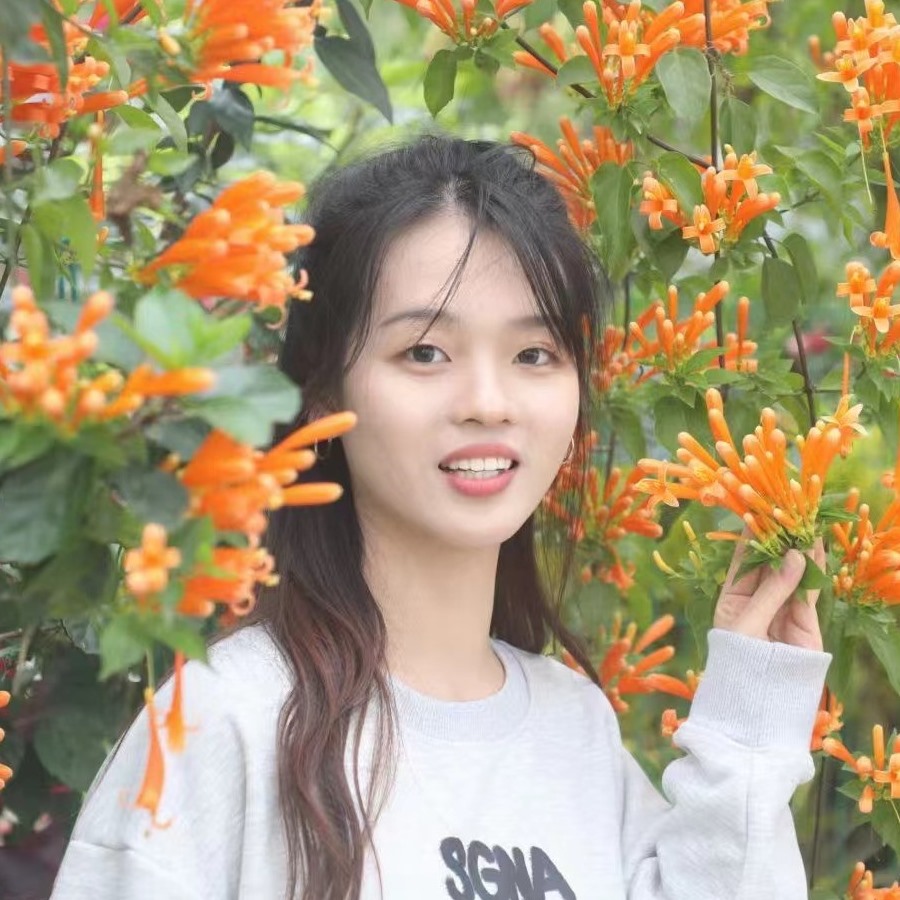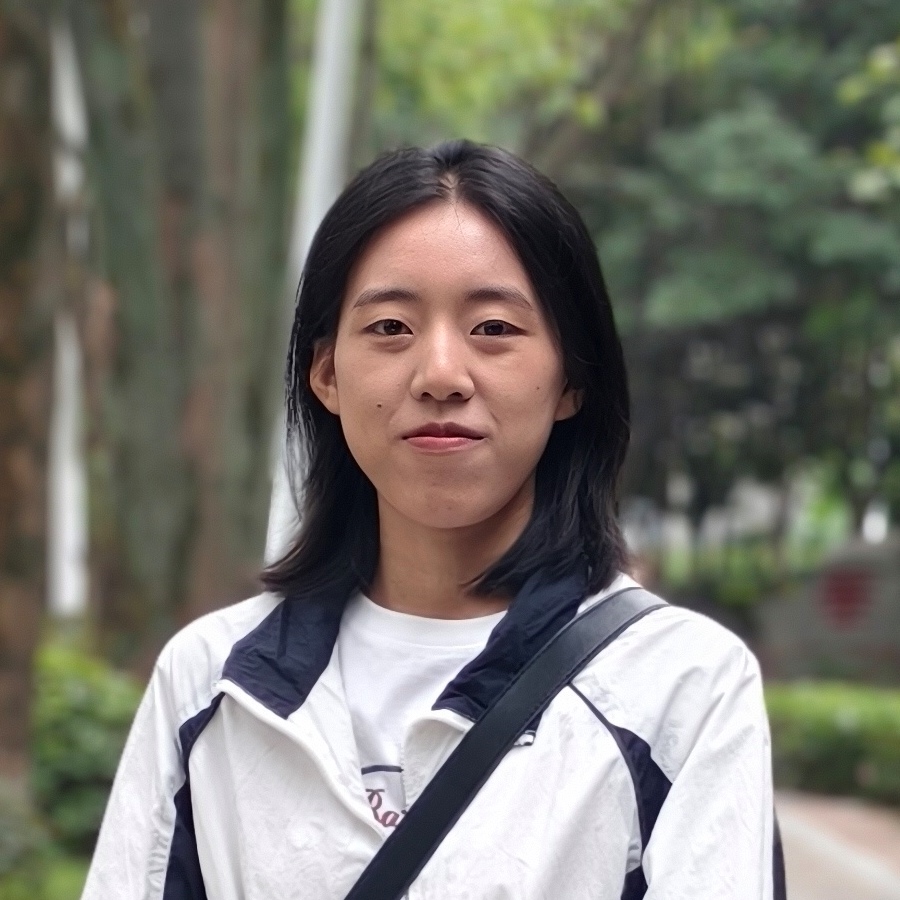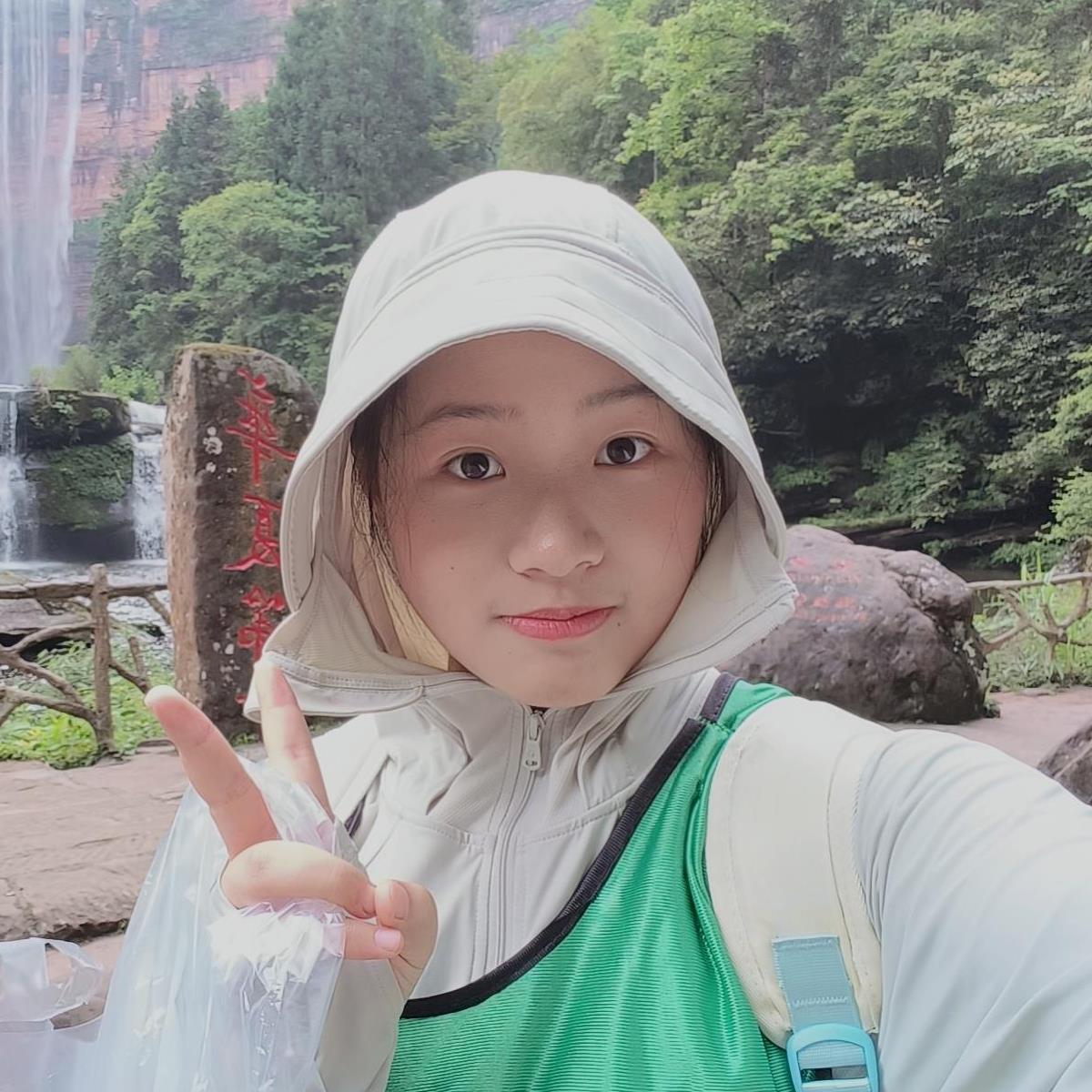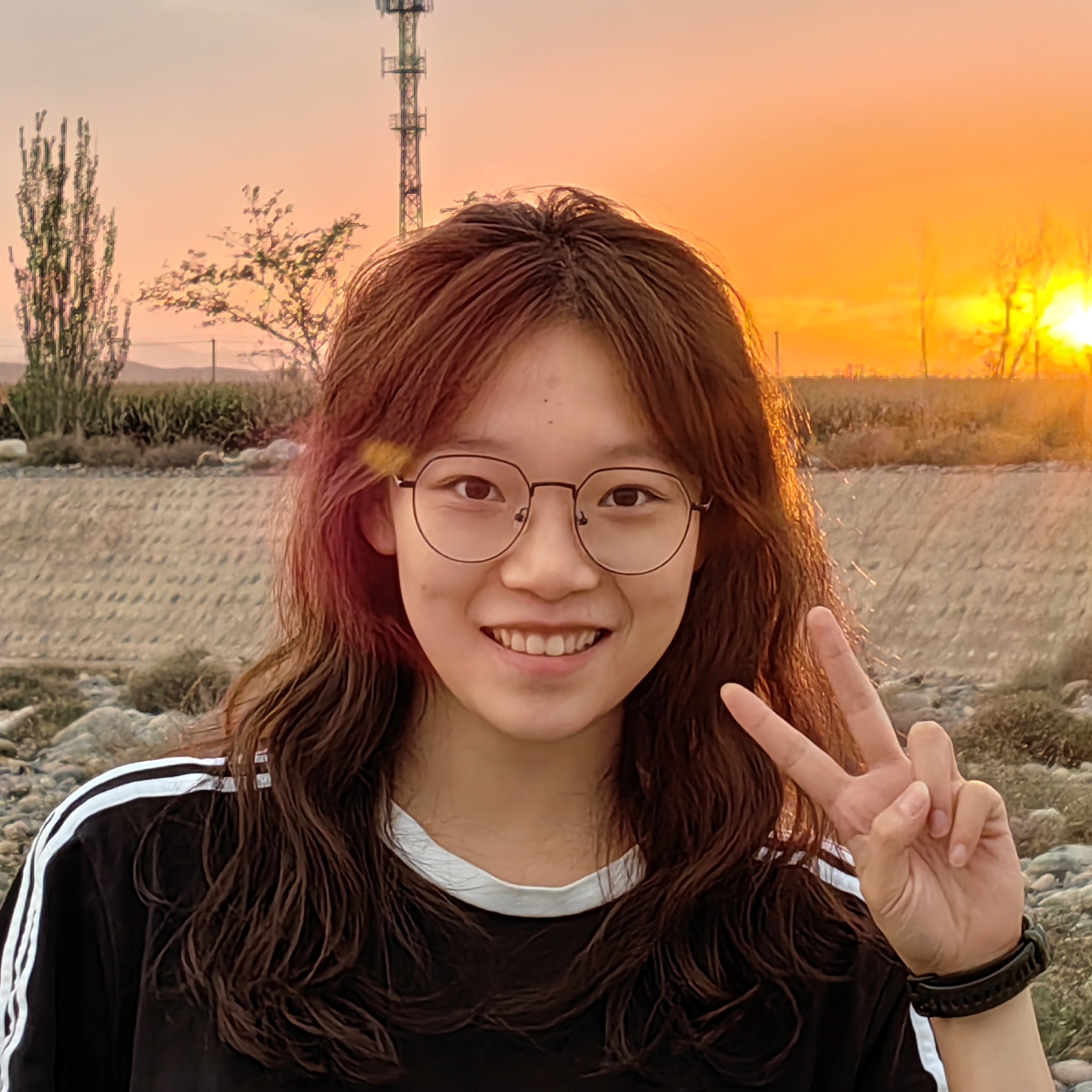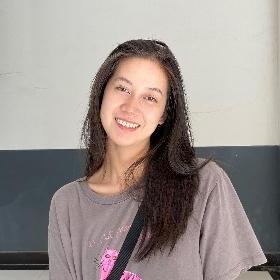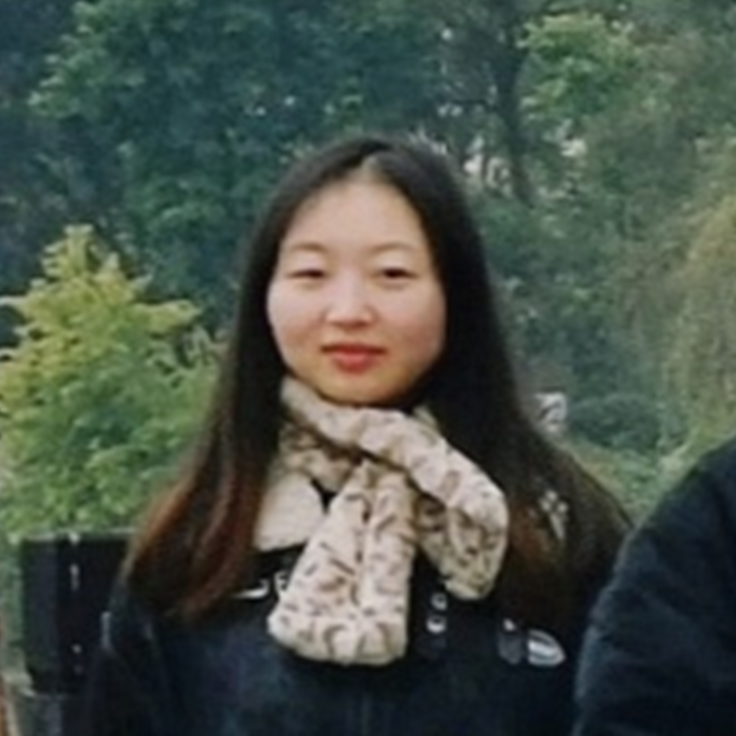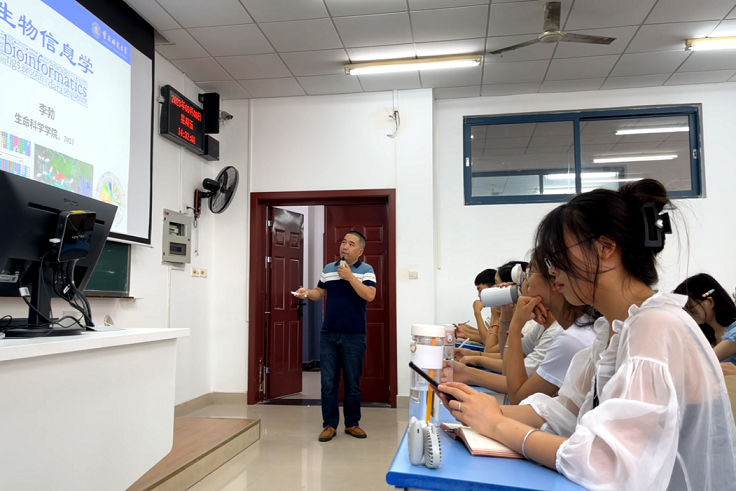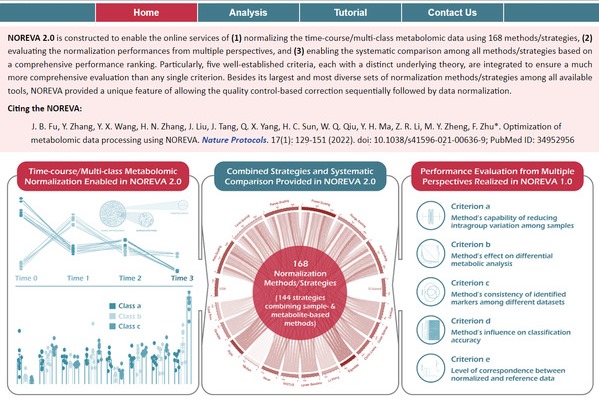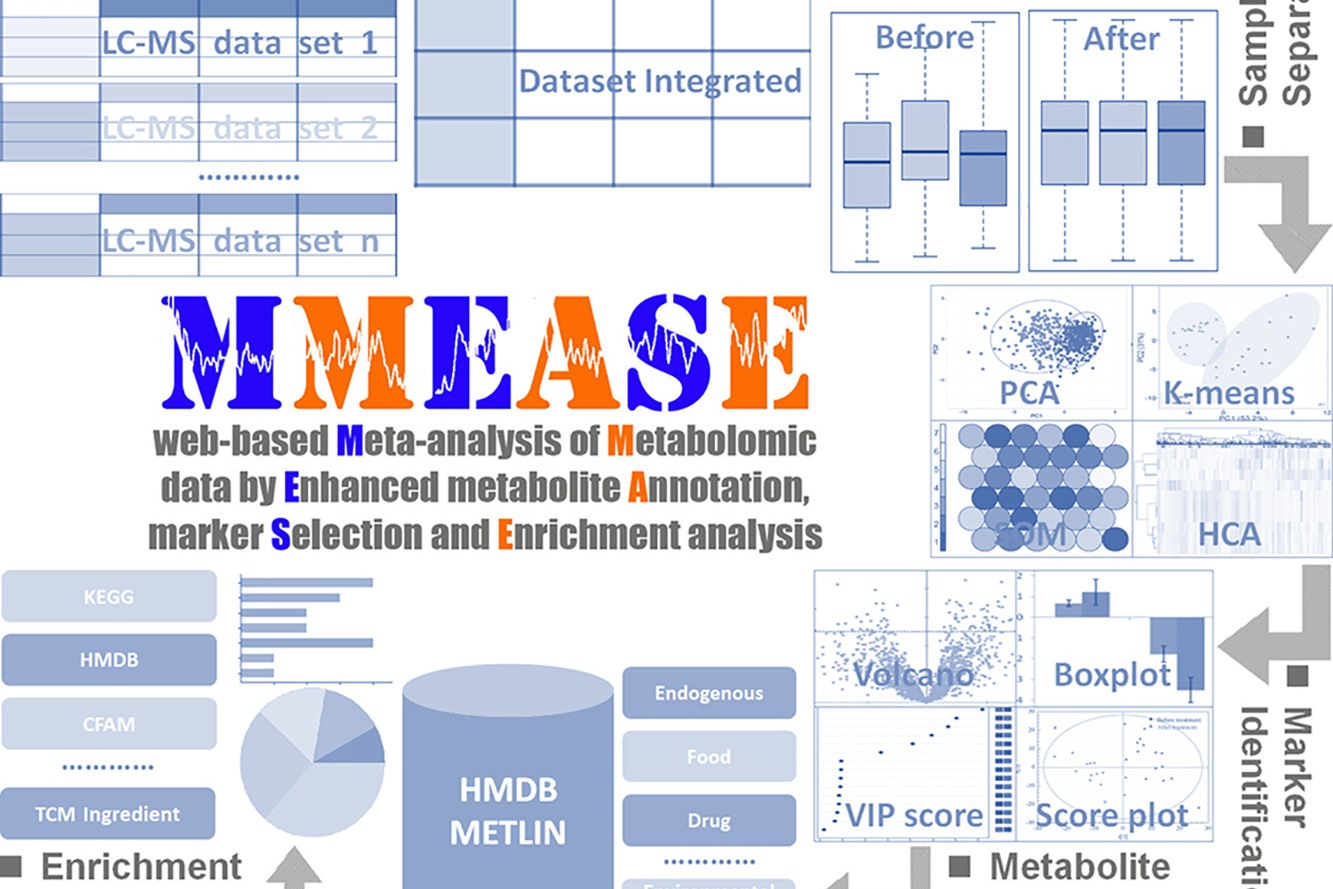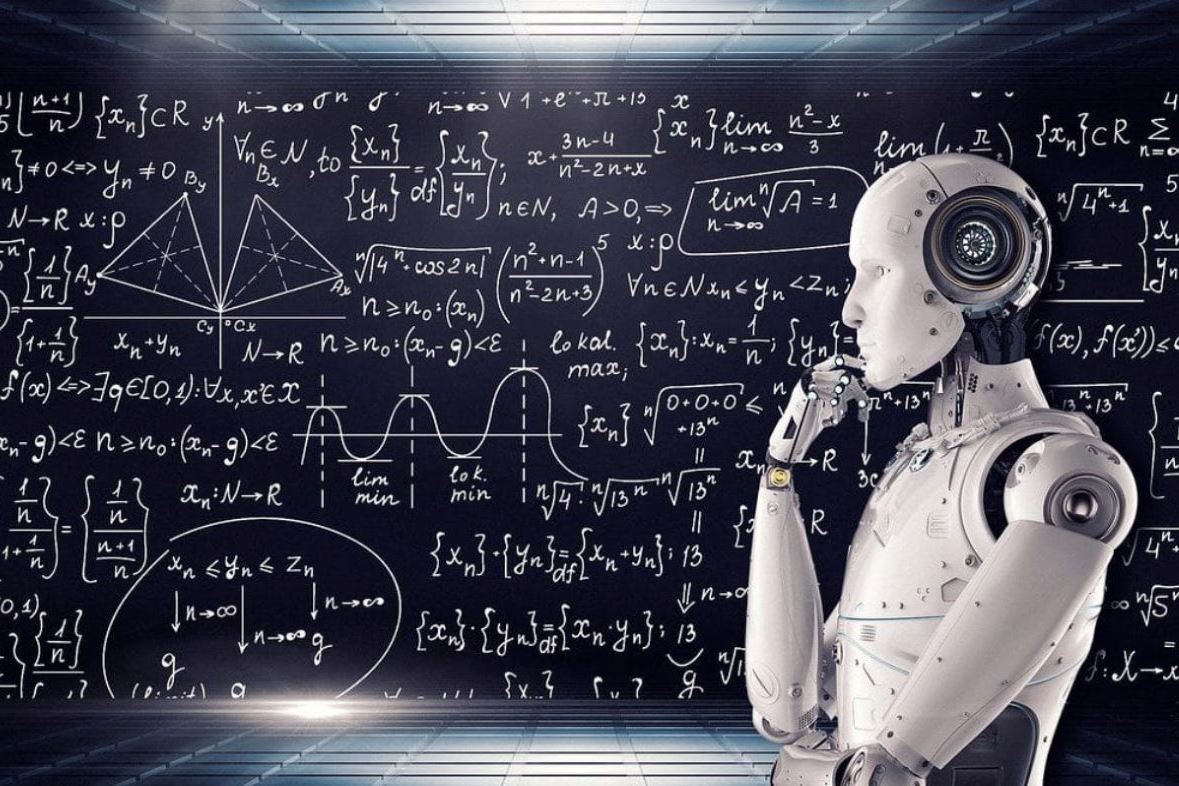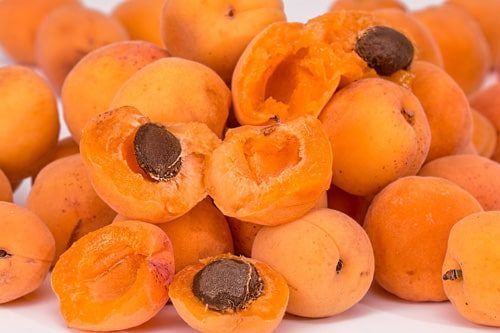Publications
Selected Publications
# Equal contribution; * Corresponding author
2025
Efficient fine-tuning of small-parameter large language models for biomedical bilingual multi-task applications
Li Y.#, Yan Y.#, Tong Z., Wang Y., Yang Y., Bai M., Pu D, Xie J., Liu C., Li B.*, Liu M., Shu K*.
Applied Soft Computing, 175: 113084, 2025
BMC cancer, 25: 478, 2025
TMED4 maintains Treg cell suppressive function through modulating ROS homeostasis via balancing BiP-IRE1α-XBP1 signaling axis and NRF2 antioxidant stress response
Jiang Z.#, Wang H.#, Wang X.#, Duo H.#, Tao Y., Li J., Li X., Liu J., Ni J., Wu J., Xiang H., Guan C., Wang X., Zhang K., Zhang P., Hou Z., Liu Y., Wang Z., Su B., Li B., Hao Y.*, Li B.* & Wu X*.
Journal of Clinical Investigation, 135(1): e179874, 2025
2024
Journal of Chongqing Normal University (Natural Science), 1-6[2024-12-29], 2024
Unlocking biological insights from differentially expressed genes: Concepts, methods, and future perspectives
Yin H.#, Duo H.#, Li S., Qin D., Xie L., Xiao Y., Sun J,, Tao J., Zhang X., Li Y., Zou Y., Yang Q., Yang X., Hao Y.* & Li B.*
Journal of Advanced Research, DOI: 10.1016/j.jare.2024.12.004, 2024
Systematic evaluation with practical guidelines for single-cell and spatially resolved transcriptomics data simulation under multiple scenarios
Duo H.#, Li Y.#, Lan Y.#, Tao J., Yang Q., Xiao Y., Sun J., Li L., Nie X., Zhang X., Liang G., Liu M., Hao Y.* & Li B*.
Genome Biology, 25: 145, 2024
Bioengineering, 11(5): 480, 2024
Briefings in Bioinformatics, 25(3): bbae172, 2024
International Journal of Molecular Sciences, 25(7): 3738, 2024
Strategy for Identifying a Robust Metabolomic Signature Reveals the Altered Lipid Metabolism in Pituitary Adenoma
Tang J.#, Mou M.#, Zheng X.#, Yan J., Pan Z., Zhang J., Li B., Yang Q., Wang Y., Zhang Y., Gao J., Li S.*, Yang H.* & Zhu F*.
Analytical Chemistry, 96(12): 4745–4755, 2024
Journal of Chongqing Normal University (Natural Science), 41(1): 125-132, 2024
2023
Plant Physiology, 192(3): 2554-2568, 2023
Computers in Biology and Medicine, 159: 106939, 2023
Long F.#, Ma H.#, Hao Y.#, Tian L., Li Y., Li B., Chen J., Tang Y., Li J., Deng L., Xie G.*, Liu M*.
Computational and Structural Biotechnology Journal, 21: 3010-3023, 2023
Computers in Biology and Medicine, 155: 106671, 2023





